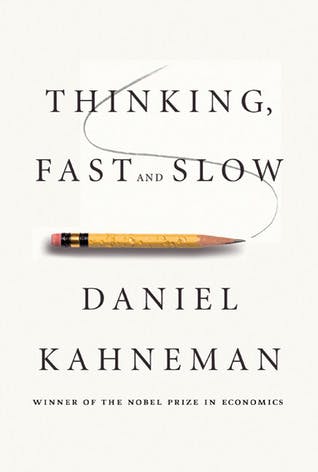Outliers: The Story of Success Summary
Key Takeaways
- Success is often the result of the cumulative advantage of specific, often subtle, cultural and contextual factors.
- Timing and circumstances play crucial roles in achieving exceptional success, as shown through the '10,000-Hour Rule'.
- Cultural legacies can deeply influence individuals’ attitudes towards work and achievement.
- The importance of community and upbringing in shaping successful individuals is significant.
- Challenging conventional success narratives can lead to a broader understanding of success and potential.
🌿 ReflectBay
Overthinking again?
You're not too much. You're just overwhelmed and it's okay. We help you untangle the noise and feel calmer.
We'll help you...
Summary
Malcolm Gladwell's 'Outliers' delves into the stories of exceptional individuals and dissects the true nature of their success. Rather than simply attributing their achievements to personal effort, Gladwell examines the environmental and cultural factors that have paved the way for such outliers.
The book introduces concepts such as the '10,000-Hour Rule', which suggests that mastery in any field requires at least ten thousand hours of practice, a common theme among high achievers like The Beatles and Bill Gates. Gladwell argues that these opportunities often arise from historical and social circumstances, more so than from individual talent or ambition.
Gladwell also explores the impact of cultural legacies, using case studies such as the influence of rice cultivation in Asia on mathematical skills, and how cultural differences in communication can lead to catastrophic outcomes in aviation.
Overall, 'Outliers' provides a thought-provoking analysis of the complex interplay between individual capabilities and broader societal influences, ultimately arguing that the path to success is intertwined with a multitude of external factors that extend beyond personal perseverance and intelligence.
Also recommended

Thinking, Fast and Slow
Daniel Kahneman
The Defining Decade: Why Your Twenties Matter—And How to Make the Most of Them Now
Meg Jay
